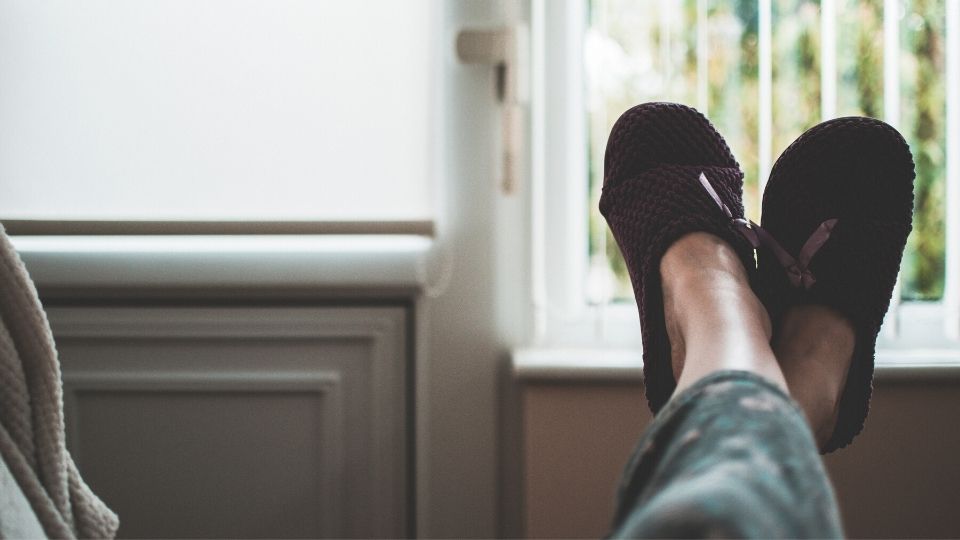By: Roma G Velasco
When was the last time you said to yourself, “Wow, that was an amazing sleep! I feel well-rested and refreshed. I am ready for whatever life throws my way!”? Instead, we frequently tell ourselves, “I will rest when things are done!”, but things are never done, and we will always have something more important to do than rest.
We are often good at recognizing and celebrating high-performing teams and individuals at organizations. We commend their skills, abilities, talents, and the arduous work and time they’ve put in to accomplish remarkable things. We equate a company’s or a product’s success with a CEO working a minimum 80-hour week, 365 days a year.
Most of us have fallen victim to the hustle culture where there is no longer a line between over-working and success. The ongoing pandemic has also contributed to our proclivity to toxic productivity. The hustle culture tends to glorify lack of sleep with no time given for rest or a break. If you think about it, this is not a sustainable practice if you want to perform at your best, day in and day out.
In the world of sports performance, rest and recovery are key to high performance. It is recommended for athletes, both high-level and recreational, to take rest days and recovery days. Also, rest and recovery days are almost always included in any training plan. If we expect athletes to take rest and recovery seriously so they can perform consistently at high levels, why shouldn’t we expect the same for ourselves? Are you feeling like a corporate athlete yet?
The National Sleep Foundation recommends adults between the ages of 18 and 64 to aim for seven to nine hours of nightly sleep. Napping can also be helpful. When NASA [National Aeronautics and Space Administration] tested the effects of power napping on astronauts, they found that some cognitive functions benefit more from napping than others, such as the working memory. David Dinges, who led the experiments explains, “Working memory involves focusing attention on one task while holding other tasks in memory… and is a fundamental ability critical to performing complex work [like piloting a spaceship]. A poor working memory could result in errors.”
Naps are not usually a viable option for a lot of people and work environments. However, if you have ten minutes to spare during your day, what one “break” activity are you willing to give up so you can squeeze in a ten-minute power nap? Here’s one that I can give up: mindlessly scrolling through my phone, whether it is my email inbox or a social media feed. If falling into a nap is a challenge, you can use that time instead to simply close and rest your eyes, and to stop thinking about anything and everything. You can use visualization, meditation, or positive thinking to refresh yourself.
We sometimes blame technology, and the devices that we use to explain why we are not getting the rest that we want and need. However, technology can be our friend when it comes to incorporating rest and recovery in our daily lives. Here are some simple tips that leverage technology to help us do just that:
Set a reminder: We all get busy, and it is quite easy to mindlessly hammer away on task after task. Set a reminder on your phone or calendar to take a quick or long break during your workday. How does a dedicated time for positive thinking or meditation sound to you?
You can also set a day during the week or the month to be a recovery day and do something different and rejuvenating for yourself. The key here is to not try to have your usual “productive day” where you feel mentally and physically exhausted at the end. Instead, choose an activity that boosts your mental and emotional health.
Track your sleep patterns: If you want to know how much sleep you are getting each night, you can utilize mobile applications that help track your sleep patterns. If you own an activity tracking device or watch, many of them also provide sleep tracking. Understanding your sleep pattern and knowing how much restful sleep you are getting at night can help you change up your patterns, so you might set a reminder of when it is time to start winding down before bedtime. The amount of sleep we need varies and is personal; some people may need eight hours, and some may only need six. It’s important to know what kind of rest is best for you and how to get it.
Rest and recovery for our physical, mental, and spiritual well-being must be intentional and included in our daily lives. Simply put, let us treat rest and recovery the way we treat breathing. As you consider establishing new habits for the new year, why not add rest and recovery to the top of your list?
